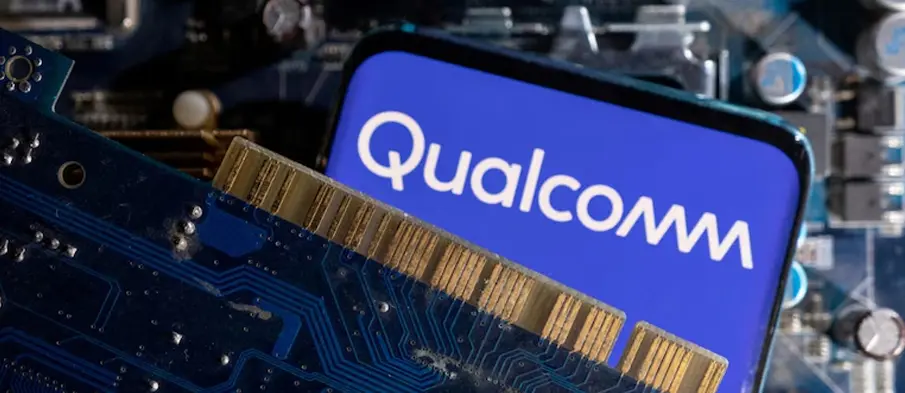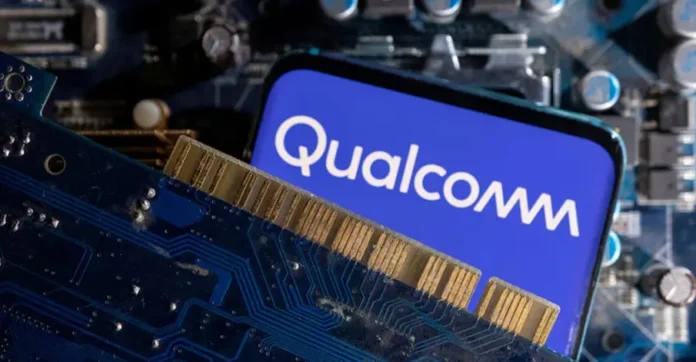
Qualcomm, a key player in the global semiconductor market, is exploring the possibility of acquiring a significant portion of Intel’s chip design business. This potential acquisition comes at a time when the semiconductor industry is undergoing substantial changes, driven by increasing demand for cutting-edge technologies like AI, machine learning, and high-performance computing.
Strategic Importance for Qualcomm: For Qualcomm, known for its dominance in smartphone processors, this acquisition could mark a bold move into the custom chip design space, expanding its footprint beyond its traditional markets. The purchase would allow Qualcomm to gain access to Intel’s chip design expertise and resources, particularly in high-performance and data center applications, areas where Intel has long been a leader. By integrating Intel’s chip design assets, Qualcomm would enhance its ability to develop advanced chips tailored for emerging markets, such as AI-powered devices, automotive technology, and next-gen 5G infrastructure.
This move also represents Qualcomm’s broader ambition to diversify its portfolio and reduce its reliance on smartphone chipsets, a market where growth has slowed. The company has been making efforts to tap into new segments like edge computing, Internet of Things (IoT), and AI-driven applications, and Intel’s assets would provide critical support in achieving these goals.
Intel’s Restructuring Efforts: On the other hand, Intel’s consideration of selling part of its chip design business aligns with its ongoing restructuring efforts under CEO Pat Gelsinger. Intel has been actively streamlining operations, divesting from non-core areas to focus on core activities, including the expansion of its manufacturing capacity and efforts to catch up with competitors like TSMC and Samsung in advanced chip production.
The sale could help Intel raise significant capital, which it can reinvest in its fab business, particularly in projects like the Magdeburg fab in Germany, which is expected to play a key role in Intel’s European expansion.
While both Qualcomm and Intel are titans of the semiconductor industry, this potential deal signifies the shifting strategies of both companies. For Qualcomm, it offers a pathway to diversify into new markets with a stronger foothold in high-performance chips. For Intel, the deal would support its goal of becoming a dominant player in chip manufacturing by focusing on its core competencies. Should the acquisition move forward, it will reshape the dynamics of the global semiconductor industry, with both companies poised to benefit from the transaction.
This potential partnership highlights the evolving nature of the tech landscape, where companies are seeking new opportunities to stay competitive in an increasingly complex market.





